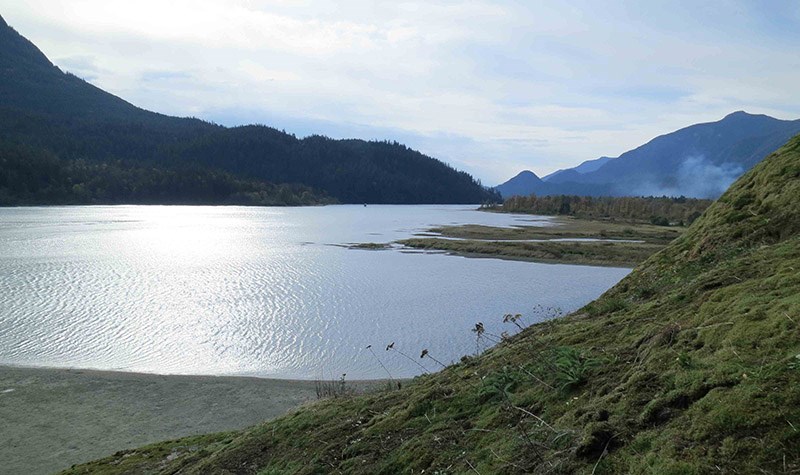The third week of March is Canada Water Week and March 22 marked the 24th United Nations World Water Day. With the provincial election coming up on May 9, many of us in the environmental sustainability field are anxious about the future of our life source: water.
In light of the Mount Polley disaster, significant resource-heavy proposals (Kinder Morgan’s Trans Mountain Pipeline, Woodfibre LNG and the Site C dam), together with Metro Vancouver’s forecasted population growth (an additional 1.2 million by 2041) and our ever-changing climate, B.C.’s water environment is facing unprecedented threats.
Prior to 2016, B.C. relied on the former Water Act, designed to allocate water on a first-come, first-served basis and not specifically to protect the environment. Furthermore, the former Water Protection Act was concerned almost entirely with regulating the bulk export of water from B.C. Anyone who wanted to export water from the province who was not already registered could only do so in containers of 20 litres or less.
Under B.C.’s current water pricing structure, corporations such as Nestlé pay a mere $2.25 for each million litres of water they take from the environment — the same amount they charge us, the public, for a single litre of water.
This exploitation of a public natural resource produced an outcry in summer 2015, resulting in hundreds of thousands of people signing a petition, calling on the government to charge fair rates for industrial and commercial users.
Although the B.C. government committed to a pricing review by February 2017, it has yet to follow through on that promise. Higher rates are hardly contentious — Nova Scotia’s water rates are 65 times higher.
(On Feb. 29, 2016, the new Water Sustainability Act came into force. It offers new opportunities for local stakeholders, landowners, First Nations and other levels of government to work together to create region-specific water sustainability plans. Still, government funding must exist in order to do this.)
Here’s how you can vote for healthy water:
• Avoid bottled water. Not only are companies like Nestlé exponentially charging us to drink our own water but making and transporting single-use, petro chemically made bottles and caps are an ever-growing waste of energy and resources. Plastics are also known to leach harmful chemicals.
• Talk about cumulative effects. A single project does not happen in isolation. Existing projects, those under construction and those slated for development within the same neighbourhood, watershed and region need to be considered collectively when evaluating the impacts of a subject project. Remind decision-makers, at all levels, and ourselves that there are cumulative effects to everything we do with our land. Land-based activities ultimately affect our waters. Higher urban densities affect our water supply infrastructure and waste loads, to name a few.
• Support environmentally informed decision-makers. Begin by attending the Tri-Cities Water All-candidates Meeting on Wednesday, April 12, 7 to 9 p.m. at Douglas College’s David Lam Campus in Coquitlam. Seven environmental conservation organizations, including the Canadian Freshwater Alliance, Watershed Watch Salmon Society, the Coquitlam River Watershed Roundtable and the Rivershed Society of BC, are collaborating to host the event, inviting all candidates to respond to relevant questions about protecting B.C.’s waters. RSVP at www.facebook.com/events/143268932863514.
Melissa Chaun of Port Moody is an ecologist with a passion for all things sustainable. She is events co-ordinator with the Rivershed Society of B.C., volunteers on various city committees and co-ordinates the monthly meetings for Tri-City Greendrinks. Her column runs monthly.



